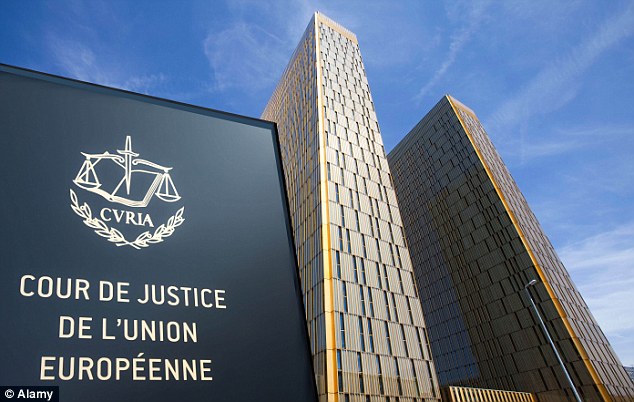NewEurope.EU
By Jean-Claude Martinez
Law Professor at the University of Paris, former Member of the European Parliament.
On February 27, the 15 judges of the European Court of Justice will gather to announce their decision on an ongoing dispute regarding the fishing agreement currently in place between Morocco and the EU.
Out of the 700 or so decisions taken each year by EU judges, not all are of equal consequence. However the one expected on February 27th is of the utmost importance, because it could set a catastrophic precedent.
The background to the case is as follows. Since 2006, when an agreement between the EU and Morocco was signed, 126 fishing boats, primarily from Spain and Portugal, have been allowed to fish off the coast of Morocco. These waters are known to be full of fish, and the agreement has been extremely beneficial for the Moroccans and their EU partners alike. But the legality of the agreement has been challenged by Western Sahara Campaign (WSC), a lobbying group based in the UK. For years, WSCUK has been contesting Morocco’s legitimacy to govern the Southern provinces of the country, claiming Western Sahara should be independent.
They have argued that the fishing agreement is illegal, because it applies to an area located off the shores of Western Sahara which they believe does not form part of the Moroccan Kingdom. This latest effort to try and debunk the existing deal is not surprising, coming from an organisation that has been advocating for the self determination of Western Sahara. And indeed this dispute is only one component of a wider issue, namely that the Polisario Front, a Sahrawi rebel national liberation movement that self-proclaimed the region’s independence in 1971, has been harassing the Moroccan Government in all sorts of ways since then.
But what is surprising, and deeply worrying, is that the ECJ seems inclined to go ahead and invalidate the fishing agreement… It was reported last month that the Advocate General of the ECJ recommended the agreement be broken off, on the grounds that “the fisheries exploitation by the EU of the waters adjacent to Western Sahara established and implemented by the contested acts does not respect the right of the people of Western Sahara to self-determination”. The Advocate General went further and appeared to suggest the ECJ can and should control international treaties signed by the EU and its partners.
Should the ECJ follow the Advocate General’s recommendation in its judgement, this would set a dangerous precedent. Groups advocating Kurdish or Catalan independence will feel entitled to challenge the legality of treaties signed between the Commission and Turkey or Spain…
It would be ludicrous for the ECJ to dedicate resources to the dismantling of the ongoing agreements the EU has with Turkey, for the reason that they apply to areas claimed by Kurdish nationalists. Equally, Catalan NGOs, such as Esquerra Republicana, will predictably start challenging all treaties signed by Madrid and Brussels, because they apply de facto in Catalonia.
To go back to the Moroccan case; the butterfly effect of an ECJ decision that would terminate the fishing agreement would be disastrous. The decision would send seismic ripples from Luxembourg to Laayoune, 3500km further south, where the EU will leave Morocco alone to handle the chaos that will inevitably ensue. The Kingdom will surely not stand idly by. It will take action, and – having been dropped by the EU, its long-standing partner – Morocco’s Government will be reluctant to invest so much manpower to control its southern border. Leaving that area in the hands of local militias is likely to result in anarchy, in a zone through which thousands of migrants transit in the hope they will reach Europe.
Giving these desperate people the illusory hope that because they can now cross into Morocco, they will be allowed into Europe no questions asked is cruel and irresponsible. This is one further reason for the ECJ to stand firm and decide to maintain the symbolic agreement between the EU and Morocco.
The ECJ often follows the Advocate General’s advice but is not obliged to do so. One must hope its judges will make the right call on February 27th, not least because there are so many pressing issues for them to focus on that they should not start a chain reaction that risks shaking the EU at its core.







